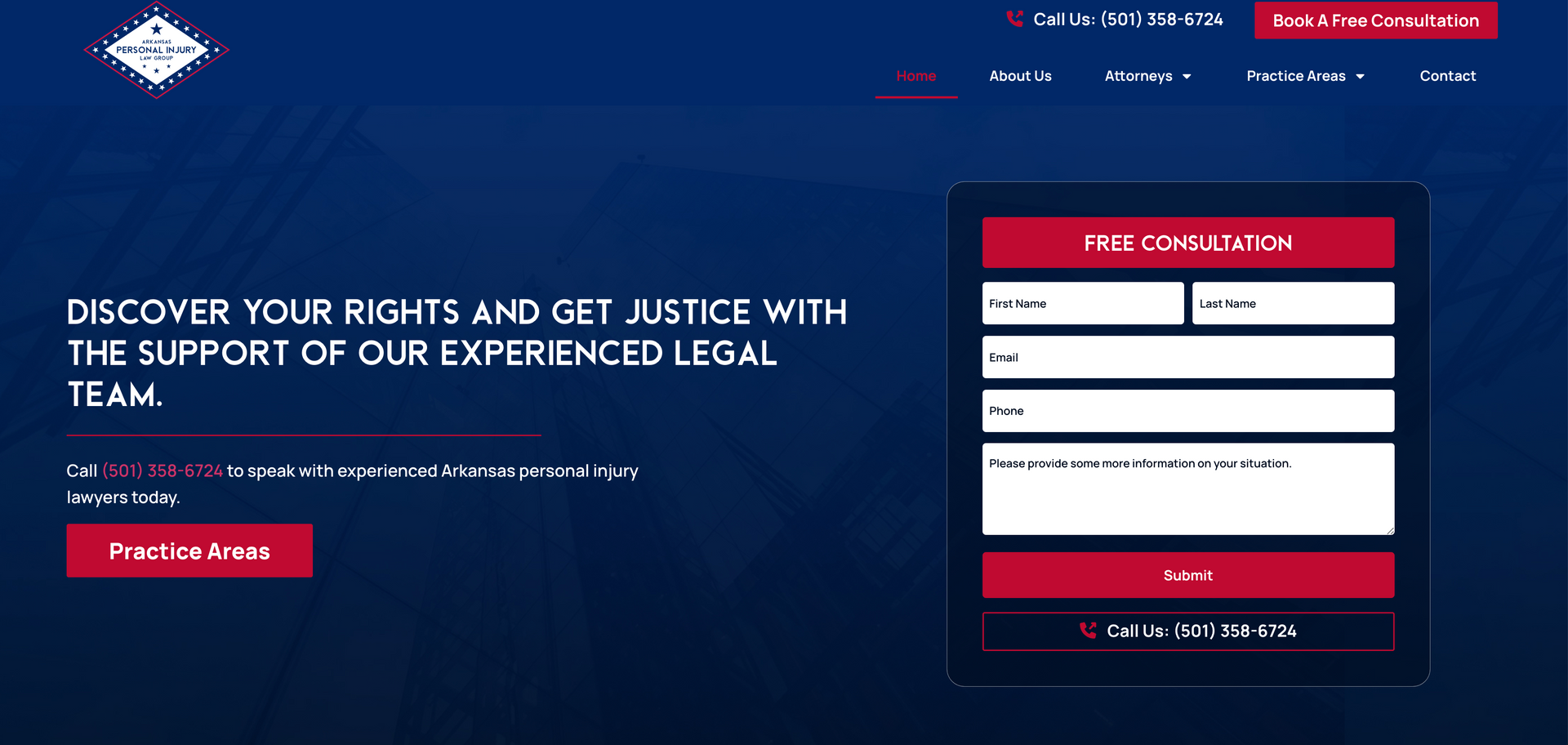SEO Strategies for Law Firms
Increasing SEO for Law Firms: Strategies to Improve Your Online Visibility
Introduction
In the digital age, a law firm's online presence can significantly impact its ability to attract new clients. Search Engine Optimization (SEO) is a crucial strategy for enhancing this online visibility, ensuring your firm appears prominently in search results for relevant queries. This article will explore key SEO strategies tailored for law firms aiming to improve their search rankings and reach potential clients more effectively.
SEO Fundamentals for Law Firms
Understanding SEO begins with grasping its core components: keywords, on-page optimization (like meta descriptions and title tags), mobile optimization, and user experience. For law firms, it's about aligning these elements with the legal services you offer and the queries your potential clients are likely to use.
Keyword Research and Optimization
Keyword research is the foundation of effective SEO. Identifying the right keywords—those your potential clients are searching for—can guide your content strategy and on-page SEO efforts. Tools like Google Keyword Planner and SEMrush can provide insights into the keywords' search volume and competition.
Content Marketing and SEO
Quality content is key to SEO success. For law firms, this means creating informative, engaging content that addresses the questions and concerns of your target audience. Blogs, FAQs, and resource guides on specific legal issues not only help improve your SEO but also establish your firm as a trustworthy authority in your field.
Local SEO for Law Firms
Local SEO is particularly important for law firms, as many clients are looking for legal assistance within their geographic area. Optimizing your Google My Business listing, ensuring your firm appears in local directories, and incorporating location-specific keywords into your content can enhance your visibility in local search results.
Technical SEO Audit
A technical SEO audit helps identify and fix issues that could be hindering your website's performance in search rankings. This includes checking for broken links, ensuring fast page load times, and making sure your site is mobile-friendly—a critical factor given Google's mobile-first indexing.
Link-Building Strategies
Establishing a strong backlink profile is crucial for SEO. High-quality, authoritative backlinks signal to search engines that your site is a reliable source of information. Guest blogging, participating in legal directories, and creating shareable content are effective ways to build backlinks.
Measuring SEO Success
Finally, measuring the success of your SEO efforts is essential for understanding what's working and where there's room for improvement. Tools like Google Analytics offer insights into traffic, engagement metrics, and conversion rates, helping you refine your SEO strategy over time.
Conclusion
SEO is an ongoing process, not a one-time effort. For law firms looking to improve their online visibility, staying up-to-date with SEO best practices and continuously optimizing your digital presence are key. By implementing the strategies outlined above, your firm can increase its search engine rankings, attract more potential clients, and establish itself as a leader in the legal industry.
Let’s talk about your project
Fill in the form or call to set up a meeting at 302 285 9806







